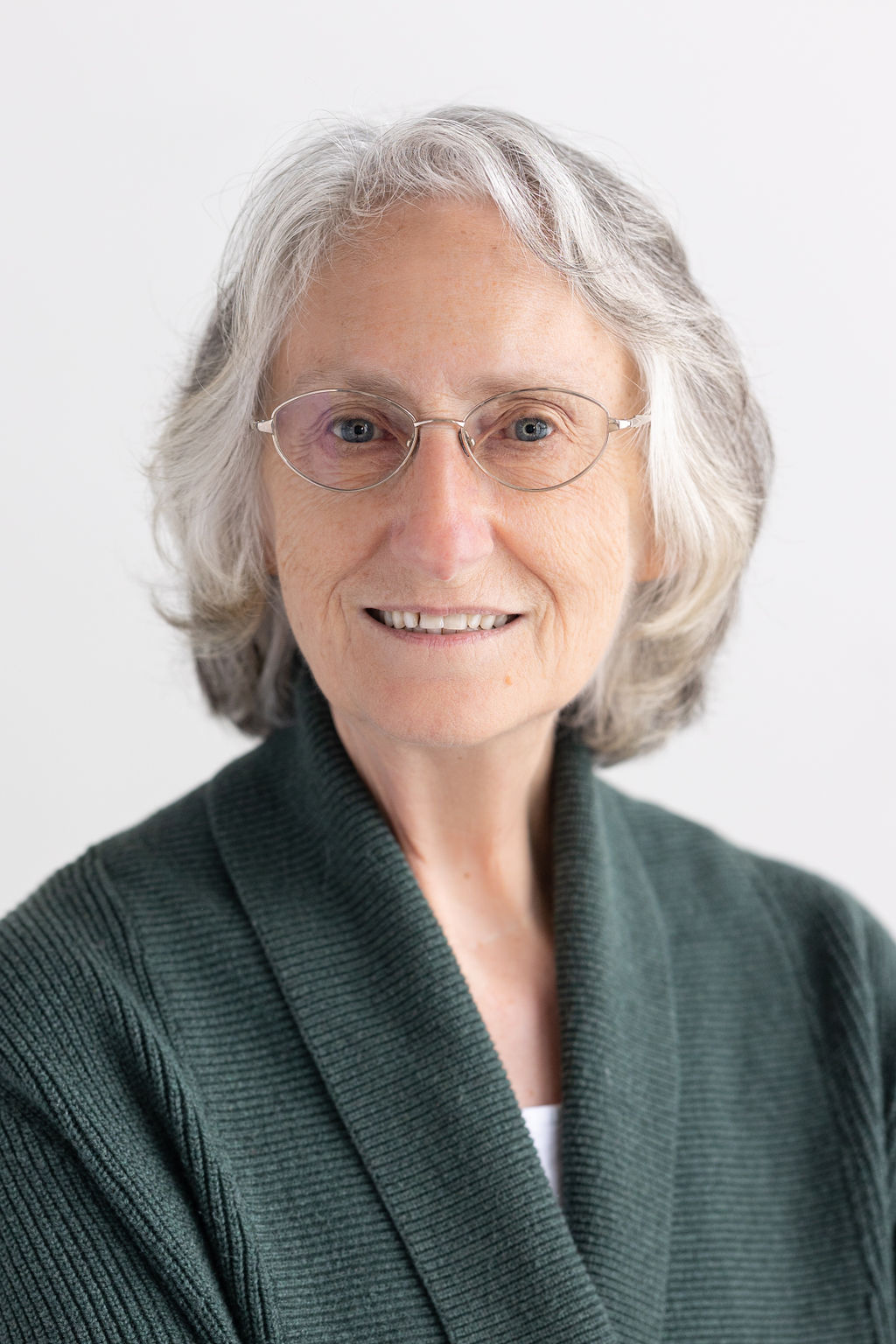
What did I notice after thirty-two years away from Dundee, Scotland, where I spent my early childhood? I’d come to teach a week-long writing class at the university, a mere two miles from the first house I called home.
Downtown Dundee still had traces of elegance—the parts of the buildings the city hadn’t changed, cobbled roads. Whiffs of history in worn stone.
St. Mary’s Church, where my mother took me every Sunday, has been there since 1190. I couldn’t go inside the day I passed, but that’s probably good. It must have changed and I’d rather remember it the way it was.
Boots the chemist on the square hasn’t moved either, although the other shop fronts were unrecognizable.
I walked down Airlie Place to get my university ID tag, but an arrow directed me to a different door from the one I remembered, two buildings now conjoined. I entered a carpeted office and was directed down a hall to the original house and there was the entrance from my childhood. A door with a large window, etched pattern in the glass, black and white tile floor in the vestibule. Victorian splendor I knew right away. My mother’s friend lived in this house and we had afternoon tea with her sometimes.
Along the street, crocosmia, roses, fuchsia, and fat-headed hydrangeas graced people’s gardens. Baskets hung on either side of someone’s red door.
I explored the rest of the city as the week passed.
People still farmed the community gardens up the Law hill, the highest point in town with a view of the mouth of the River Tay, the sea beyond, and the hills of north Fifeshire on the other side of the water.
Walking the esplanade by the river, I smelled the ocean. The water’s salt and tidal, ebb tide now, which is why I also smelled seaweed and algae. I walked west and climbed steep Glamis Road to reach my old neighborhood where nothing had changed. A couple bought our house in 1958. He died, but she still lived there and lives there today. She welcomed me, offered me tea and a biscuit, and les me go to my old bedroom to see the view of the hills and the river that I still remember well.
Another day, I took a bus to Arbroath, 17 miles east, and watched through the window at what we passed: piles of pine logs where the green and yellow fields met; the contrast between the fireweed, yarrow, and Queen Anne’s lace by the side of the road and the pruned roses in front gardens; a boy making a great corner kick at a pick-up soccer game.
Entering town, we passed a caravan park, Zippos Circus, and a boy jumping up and down in a giant harness at Pleasureland. Five minutes later, we stopped at the ruins of the ancient abbey and entered another world.
A shepherd dog streaked across the green as I entered the sacristy. Singing there was a joy — Bach, the Loch Tay Boat Song, Ewan MacColl. A five second delay was just the right length. Any longer and sounds muffle. Any shorter and there’s not enough reverb to make a full and rich sound. Our ancestors knew how to make the human voice its best.
The natural world intruded. A gull shook a crow caught in its beak. The crow flapped for ten minutes, weaker and weaker until it was still. After the gull ate, I walked over to see the hollowed-out torso — bright red rib cage and spine, surrounded by head, wings, and tail.
Time for dinner. I went to the take-out place, a tiny hole in the wall down by the shore. It was Friday night after everyone got paid and the place was full, Scottish voices rising over one another, heat, frenzied cooks. I ordered my long-awaited Smokie (smoked haddock) and chips to eat outdoors. How often can people eat al fresco at that latitude? We never did growing up. I fought off gulls, adept at stealing my chips. I didn’t care. It was the taste of the Smokie. How I’d missed it.
On the bus back to town, I watched this land I love. It was ten in the evening and I was far enough north that only now was the gloaming giving way to sunset. I thought about the passage of time, how we people may change the contours of the hills, or shift the land to farm, or pollute the water, or overfish the seas, but the hills and the river and the sea will last longer than any of us.

By Paul DeLong
On June 20, 2022
“Whiffs of history in worn stone.” Lovely phrase…can almost smell it!
“… my old neighborhood where nothing had changed. ” To go to a place where nothing has changed in 60 years is quite remarkable in these times. You got me looking hard enough to find that “Fifeshire” is an old name for “Fife.” Thus, you accent the ancient nature of the places you describe.
“A five second delay was just the right length. Any longer and sounds muffle. Any shorter and there’s not enough reverb to make a full and rich sound. Our ancestors knew how to make the human voice its best.” Educational, and evocatively rich. From carnival to monastery, yes two very different worlds!
how we people may change the contours of the hills, or shift the land to farm, or pollute the water, or overfish the seas, but the hills and the river and the sea will last longer than any of us.” Thank goodness this is true; thank you for your perspicacity and resounding depth in the tone and insight of your writing!